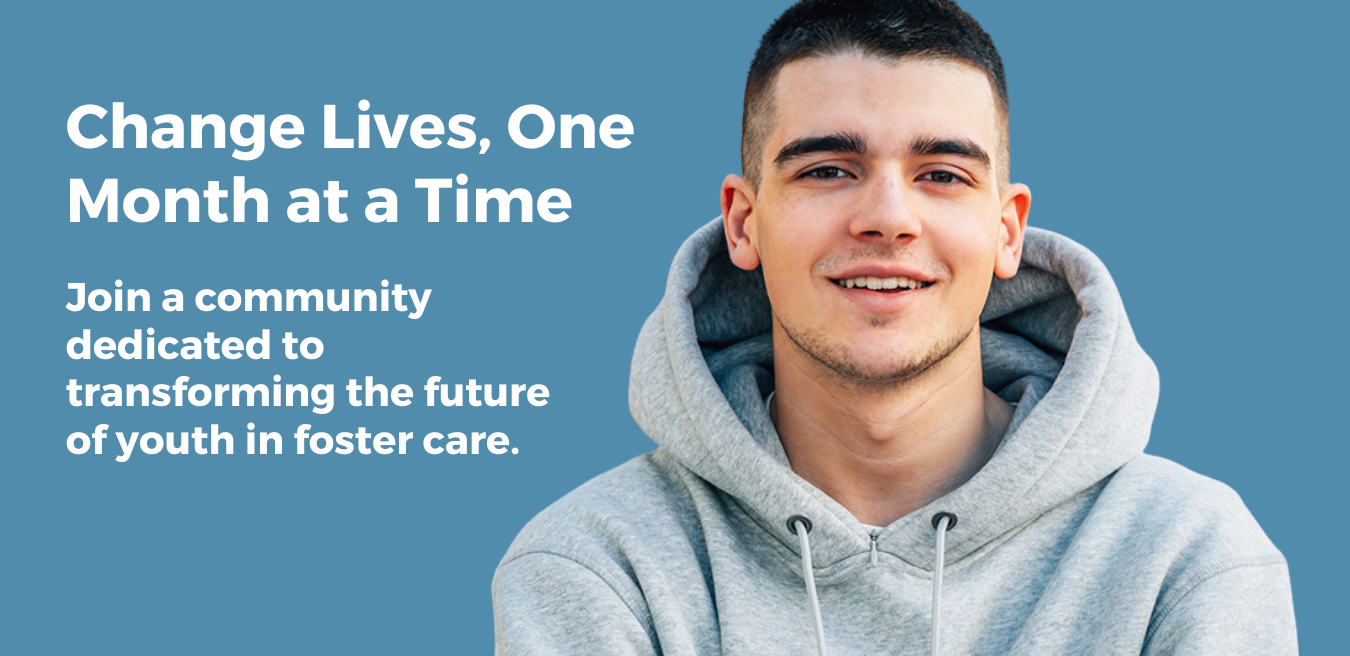
Developing Modification: The Role of Volunteers in Juvenile Justice Programs
Introduction
The juvenile justice system often runs under a Child advocacy cloud of misunderstanding and stigma, with lots of failing to recognize the capacity for rehab and positive change. One of the most substantial forces driving this modification is the generous commitment of volunteers. These people, who kindly donate their time and skills, play an essential role in transforming the lives of young people caught in the web of juvenile justice. In this short article, we will explore Creating Change: The Role of Volunteers in Juvenile Justice Programs, taking a look at how offering can promote personal growth, psychological healing, and meaningful modification within these susceptible populations.
Creating Change: The Role of Volunteers in Juvenile Justice Programs
Volunteers working in juvenile justice programs work as coaches, teachers, and advocates for youth who are often overlooked by society. They provide emotional assistance, practical guidance, and support for these young individuals to take charge of their lives. By engaging with at-risk youth through various efforts-- such as mentoring programs, tutoring sessions, and life skills workshops-- volunteers assist build resilience and self-confidence.
Understanding the Juvenile Justice System
What Is the Juvenile Justice System?
The juvenile justice system is developed to resolve offenses committed by minors. Unlike adult courts, which focus on penalty, juvenile courts typically emphasize rehabilitation. This method acknowledges that kids are still developing mentally and psychologically.
Key Components of the Juvenile Justice System
The Significance of Volunteer Support
Why Are Volunteers Essential?
Volunteers bring special abilities and perspectives that enhance existing programs within the juvenile justice system. Their contributions can result in improved outcomes for youth by supplying good example who promote favorable behavior.

Benefits of Volunteering in Juvenile Justice Initiatives
- Skill Development: Volunteers gain important experience that enhances their own expert qualifications.
- Community Impact: Favorable relationships in between volunteers and youths add to more powerful communities.
- Increased Awareness: Volunteers can assist raise awareness about problems affecting juvenile offenders.
Types of Volunteer Opportunities Available
Mentoring Programs
One-on-one mentoring arrangements enable volunteers to connect meaningfully with youths dealing with challenges special to their circumstances.
Tutoring Initiatives
Volunteers can supply academic assistance through tutoring sessions that address educational gaps triggered by disturbances in education due to imprisonment or other factors.
Life Abilities Workshops
Workshops focusing on important abilities such as interaction, dispute resolution, and financial literacy equip youths with tools needed for successful reintegration into society.
Finding Volunteer Opportunities Near You
How Can I Discover Volunteer Jobs Near Me?
There are various methods to find volunteer chances:
Volunteer Opportunities Pleasant Hill
Residents in Pleasant Hill can access numerous local charities that concentrate on children's services. Organizations often cater particularly to youth involved in the juvenile justice system.
Impact on Mental Health Through Volunteering
How Does Volunteering Affect Mental Health?
Engaging with others through volunteer work has been revealed to fight feelings of seclusion while increasing self-confidence and overall psychological health for both volunteers and those they serve.
Key Mental Health Advantages for Youths Involved in Juvenile Justice Programs
- Improved Self-Esteem
- Decreased Anxiety
- Enhanced Resilience
Real Stories: Success Through Volunteer Efforts
Sharing success stories from both volunteers and program participants offers a concrete glance into how volunteer efforts equate into real modification:
Challenges Dealt with by Volunteers in Juvenile Justice Programs
Despite their honorable objectives, volunteers experience numerous difficulties:
1. Emotional Strain
Working carefully with struggling youths can be mentally taxing; therefore, it's vital for volunteers to practice self-care.
2. Resource Limitations
Many programs face moneying lacks that limit their capability to provide detailed services; nevertheless, volunteers can in some cases action in to bridge these gaps creatively.
FAQs About Offering in Juvenile Justice Programs
What credentials do I require to volunteer? The majority of programs require just enthusiasm and commitment; nevertheless, some might ask for background checks or specific training.
Can I select what kind of volunteering job I want? Definitely! Numerous organizations allow you to pick functions that align with your interests or expertise.
Is there an age requirement for volunteering? Some programs might have age restrictions; generally, you should be at least 18 years of ages or accompanied by an adult if younger.
How much time do I require to commit? Commitment levels differ extensively from one-time events to ongoing weekly engagements-- it's essential to discover what works best for you!
Can volunteering enhance my profession prospects? Yes! Lots of companies worth neighborhood involvement highly; additionally, you'll gain brand-new skills pertinent throughout various fields.
Are there any virtual volunteer opportunities available? Absolutely! Numerous organizations use remote alternatives such as online tutoring or mentoring through video calls due to increased demand throughout recent times.
Conclusion
In conclusion, the important function played by volunteers within juvenile justice programs can not be overstated-- their impact ripples throughout communities far beyond private interactions with at-risk youth. By investing time-- and often heart-- into these efforts, they not only facilitate personal changes however also contribute favorably towards wider societal changes surrounding understandings of young offenders.
As we progress together towards social development anchored around compassion rather than condemnation-- let's celebrate those unsung heroes ready action up where they're needed most!

This post functions as a useful guide on how people thinking about making a distinction can get included while clarifying a necessary aspect of our society-- juvenile justice reform led by passionate volunteers committed towards creating significant change!